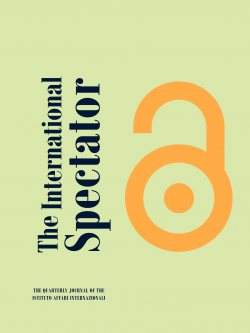Understanding Gulf States’ Foreign Aid: A Conceptual Framework

In this Special Core, the narrative of Gulf States as ‘emerging agents’ or ‘non-traditional’ donors in the international arena is challenged through a systematic conceptualisation of the variables that have shaped the development and implementation of their aid strategies. This approach combines Neoclassical Realism (NCR) and Constructivism while also problematising the application of International Relations (IR) theories to the Middle East and North Africa (MENA) region and the Horn of Africa. In doing so, alongside ideological components, both internal and external political dynamics are considered as key variables that have characterised the behaviour of Qatar, the United Arab Emirates (UAE) and Saudi Arabia. These variables are tested through an analysis of the aid strategies of these donors in selected recipient countries: Lebanon, Sudan and Tunisia. Each recipient context presents unique features that interact with the development and implementation of the donors’ aid strategies and represent the common environment in which other donors, including Western ones, simultaneously operate.
Keywords: Gulf states; foreign aid; IR theories
-
Dati bibliografici
The International Spectator, Vol. 60, No. 3, September 2025, p. 1-18 -
Numero
60/3 -
ISBN/ISSN/DOI:
10.1080/03932729.2025.2510985



